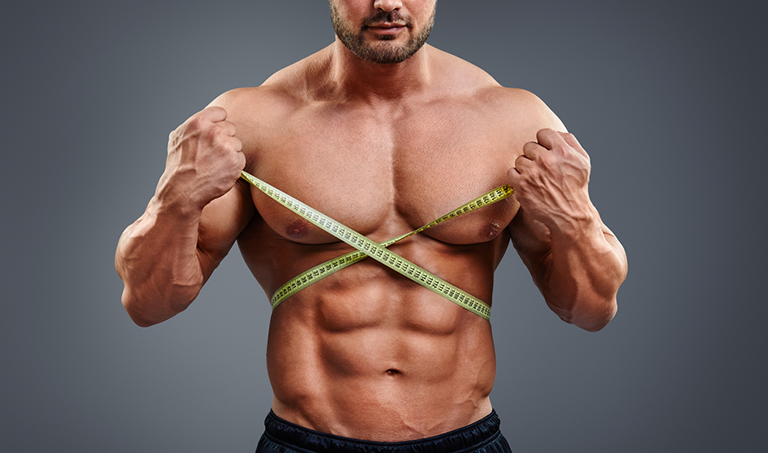Testosterone replacement therapy (TRT) is a popular prescription for counteracting the effects of declining testosterone levels in men. One question that frequently arises among those considering this treatment is, “Does TRT cause weight gain?” This article aims to provide a clear understanding of the impact of this treatment on body weight and composition.
The Link Between Testosterone and Body Composition
Testosterone plays a significant role in regulating muscle mass, fat distribution, and the metabolism rate in adult males. A drop in the levels of testosterone can lead to decreased muscle mass and an increase in body fat. This shift affects physical appearance and contributes to health risks associated with obesity and metabolic syndrome.
The Effects of TRT on Weight
- Muscle Mass and Metabolism
TRT can lead to an increase in muscle mass. Testosterone has an anabolic effect, meaning it helps build muscle tissue. Increased muscle mass boosts your metabolism, which can lead to a higher rate of burning calories, even at rest. This change can potentially offset any weight gain from increased body mass due to muscle and not fat.
- Fat Distribution
TRT has been shown to reduce fat mass in many cases. Testosterone influences where fat is stored in the body, and restoring levels to a normal range can reverse the trend of accumulating visceral fat – the type that surrounds organs and poses significant health risks.
- Potential for Weight Gain
While the primary effects of TRT are to increase muscle mass and decrease fat, some individuals might notice a slight increase in total body weight. This can occur as muscle tissue is denser and weighs more than fat tissue per volume. Therefore, if you are gaining muscle without losing an equivalent volume of fat, you might see a net increase in body weight.
Managing Expectations and Health Goals
Rather than just monitoring body weight, it is important to monitor body composition as well when undergoing TRT. Tools such as body composition scales or DEXA scans can provide a more accurate picture of what’s happening in terms of muscle and fat changes.
Taking a Holistic Health Approach
Our team of medical professionals at Optimal Health recommends TRT as part of a comprehensive approach to improving your well-being. In order to maximize the benefits of this therapy, we encourage incorporating regular exercise and a balanced diet into your hormone replacement therapy. This approach can help you realize weight changes that are healthy and sustainable.
TRT: A Tool for Better Health, Not Just Weight Management
TRT should not be viewed solely as a method for weight management. Its primary goal is to restore hormonal balance, which can lead to improved vitality, energy, mental acuity, and overall physical performance. The potential changes in weight and body composition are secondary effects that come from restoring your hormone levels to their optimal state.
So, does TRT cause weight gain? The answer is not straightforward. While TRT can lead to increases in muscle mass – which might increase body weight – the therapy often reduces fat mass, particularly harmful visceral fat. For individuals on TRT, the focus should be on the overall benefits of restored hormonal balance, which includes better muscle mass, improved metabolism, and a healthier body composition.
If you’re considering TRT, consult with healthcare providers who can guide you through the process with a focus on holistic health and well-being. Our team at Optimal Health is committed to helping you achieve your health goals with personalized care and expert advice, to help you restore hormonal balance and improve your quality of life.

